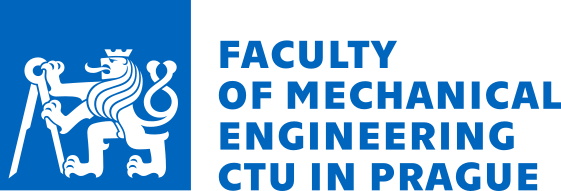User: unknown || Login || NEWS: PSD data, WCFA2024, W2TFP records, FABER funded!


Inputs for Multiaxial Fatigue Analysis:
Fatigue Strength Estimation by Applying Machine Learning
Introduction
The code snippets and the attached database of fatigue strengths in tension and torsion load modes is related to the research paper submitted for publication to Fatigue & Fracture of Engineering Materials & Structures. The complete evaluation of the output is provided there, while only the necessary inputs are available for download here. Here is the abstract of the paper:
This paper deals with a practical task of estimating missing material fatigue strengths required for the evaluation by multiaxial fatigue strength criteria, knowing other static or fatigue material parameters. Instead of searching for various analytical equations describing dependencies between different material parameters, here several machine learning models implemented in the caret R package are used. The dataset used to train and test these models is based on the FatLim dataset with different material parameters, which has been redesigned for this new purpose. It is demonstrated that substantially more data points, such as were available in this study, are needed to achieve the goal set here. Although the results obtained at the current scale may be improved by addition of new data points, the best performance of the random forest model rf and the worst performance of the pcr model are evident.
The outcome is quite obvious - if the ML models should get more precise and lead to better fatigue strength estimates, the test database must be multiplied in numbers of items. This is not that easy, as reliable and well described multiaxial fatigue tests are scarce. Though we are not looking in fact for the multiaxial tests as themselves in this specific project, but only the response either to axial or torsion loading, still the complete information about their dependencies is hard to find. Therefore, you are invited to upload any data source you are aware, which could supplement the database and enlarge it. Quarterly, we will evaluate the current scope of the database and we will monitor how the prediction quality changes with increasing number of items.
Jan Papuga (on behalf of the team)
Conditions of Use
In case you decide to use these data items for any your publication, you agree to refer to the original paper, where they are first used:
Nagode, M.; Papuga, J.; Oman, S.: Application of Machine Learning Models for Estimating the Material Parameters for Multiaxial Fatigue Strength Calculation. Fatigue & Fracture of
Engineering Materials & Structures ???, 2023, pp. ???-???.
Description & Download
2023-04-27: Note, please that the documents below concern the state of the database as of in the FFEMS paper linked above. Further updates are expected to be provided quarterly.
- code.R - the source code
- 5 input txt files for five different fatigue strength estimation configurations
Zipped Excel file, 30.8kB: Excel file containing the complete summary of the database generated from the FatLim database
Pdf file, 290kB: pdf file prepared from the original submitted text, which was shortened due to the request of one of the reviewers. This shortening could hide some steps in the data processing routine, which could look suspicious. The authors therefore decided to put the full text here.
Task Expansion & Your Involvement
If you find the current output interesting and you are aware of other reliable experimental data items, which could feed the database and the Machine Learning methods analyzed here, thanks for notifying Jan on papuga@pragtic.com - in many cases DOI of the paper is enough, in some cases its pdf would help.

































